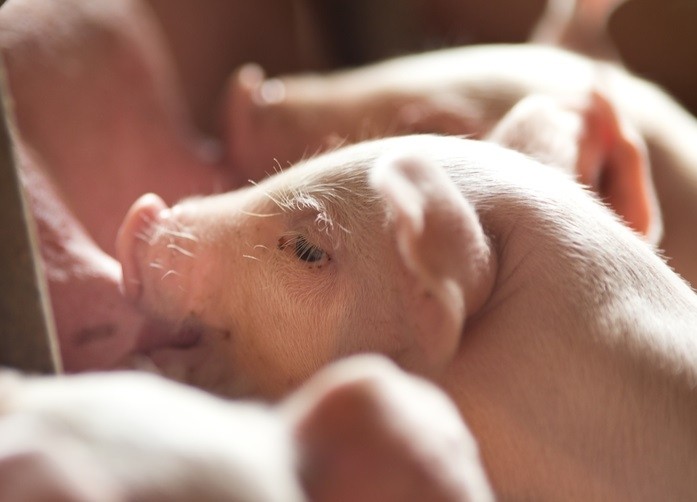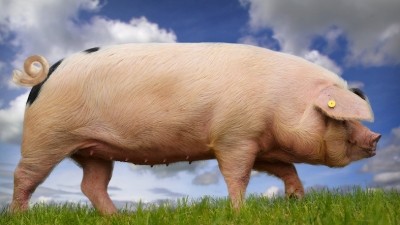Data lacking on role of selenium in sow and piglet nutrition: review

“It seems well documented that organic sources of Se are more bioavailable than inorganic Se sources, thus providing a more efficient transfer of Se via colostrum to the off-spring.”
However, scientific documentation is lacking whether an enhanced bioavailability of Se and hence improved Se status of the sow would be beneficial for immunity and robustness of the piglets, said the authors – researchers based at Aarhus University and Adisseo.
Considering the increased use of antibiotics and pharmacological levels of zinc oxide for treatment of E. coli diarrhea in pig production, they noted it would be of interest to study, how nutritional immunology of pigs can be used as a tool, and, in this context, how dietary levels and sources of Se can modulate the resistance to such infectious diseases.
“When adding to the mounting evidence that Se can inhibit the pathogenicity of certain viruses, the potential usefulness of dietary Se forms and concentrations becomes of major interest in both chicken and swine nutrition,” they wrote.
Their review of the literature on selenium and immune responses of poultry and pigs was published in Animal Feed Science and Technology.
They said the aim of the study was to distil current knowledge on the mechanisms by which Se can modulate resilience to infectious diseases, and how the micronutrient can influence the capacity of the bird or the pig to maintain productivity during an infectious challenge.
New research projects
Another goal of the work was “to prepare a good basis to propose and suggest new research projects in the area,” lead researcher, Professor Charlotte Lauridsen, from the immunology and microbiology unit at Aarhus University’s Department of Animal Science, told us.
She said the researchers are now hoping to perform new studies on the benefits of selenium in monogastric diets in relation to immunity.
There is considerable evidence showing that Se, through selenoproteins, affects immune responses in pigs and poultry in different ways, they said.
“The major functions of Se are carried out by Se-enzymes, and their important mechanisms for immunity involve antioxidant and anti-inflammatory activities.”
Se is involved in the regulation of oxidative stress, redox mechanisms, and other crucial cellular processes involved in innate and adaptive immune responses, they wrote.
On the human research side, they noted that studies have indicated that boosting Se levels in individuals with a moderately low Se status may have more immune enhancing effects than supplementing an individual with adequate Se status.
In pig research “major focus has been given to periods where Se deficiency is more likely to occur, which is in the neonate, at weaning, and during the reproductive period. These are also the critical phases of vitamin E status in pigs, and both micronutrients have been of special interest regarding their protective effect against myopathies.”
In poultry, they noted studies showing the positive effect of selenium supplementation in terms of increasing bird resistance against several major pathogens or alleviating the consequences of environmental stress.
Source: Animal Feed Science and Technology
Title: The influence of selenium and selenoproteins on immune responses of poultry and pigs
DOI: https://doi.org/10.1016/j.anifeedsci.2018.01.020
Authors: T. S. Dalgaard, M. Briens, R. M. Engberg, C. Lauridsen








